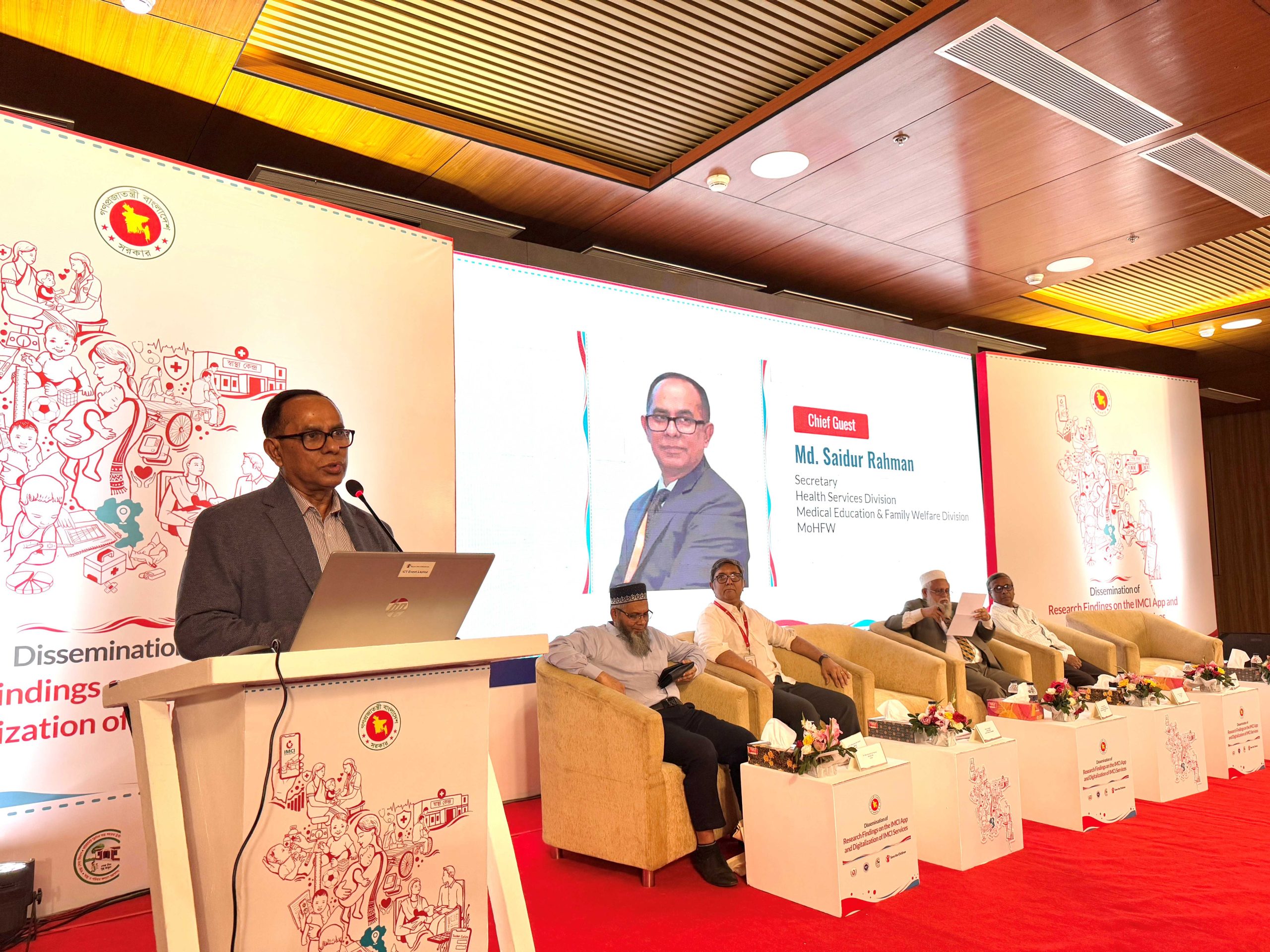India’s Modi moves to make tie-up with neighbours
An IBT Report
Now steadily after indicating ‘bitter medicines’ to revive the economy, Indian prime minister Narendra Modi has started focusing on external policy, especially towards the closest neighbours, that, too, means business. Bangladesh may be in the minds of his government’s think-tank, but, presumably given the political sensitivity involved with the pending issues, he preferred a visit almost quietly to Himalayan country of Bhutan in India’s neighbourhood.
A strong and prosperous India will be beneficial for its neighbours particularly the Saarc countries; Modi said to Bhutanese leaders during his first visit abroad after assuming office in May, giving a message to other countries of the region. He invited Saarc leaders to his inauguration ceremony joined by Pakistan premier Nawaz Sharif and Sri Lankan president Mahinda Rajapaksa.
‘Stability and development in India will help neighbours like Bhutanm’ the Indian leader said. New Delhi announced that Bhutan would be exempted from any ban or quantitative restrictions on exports of items such as milk powder, wheat, edible oil, pulses and non-basmati rice.
The business issues with Bangladesh are about carrying forward some initiatives of bilateral cooperation and the removal of barriers to trade. In view of Bangladesh’s importance as trading partner and source of remittances, the Modi government has decided to send external affairs minister Sushma Swaraj to Dhaka and it would be the first overseas visit of the new Indian minister.
The government of Sheikh Hasina however, has shown its willingness to go ahead with the initiatives to cooperate with India that began during the UPA government for widening trade and connectivity.
Dhaka is reportedly allowing India to use Bangladesh territory to ferry food grains to its landlocked northeastern states. A Tripura official told the media that some 10,000 tonnes of food grains would be brought to their province via Bangladesh under a special arrangement. Earlier in 2012, Bangladesh had allowed India’s state-owned Oil and Natural Gas Corporation to ferry heavy machinery, turbines and cargo through Ashuganj for 726-MW Palatana mega power project in Tripura.
India has for a long time been asking for providing land, sea and rail access through the Bangladesh territory to the northeast. But the land transit issue came to a halt when Delhi failed to come to a deal on sharing of the waters of the Teesta, one of 54 common rivers. Bangladesh is also a key country in the plan to establish regional connectivity also involving India, Myanmar, Bhutan, Nepal and China.
The World Bank has recently approved $107 million credit for a transport project for India’s Mizoram State to improve connectivity for the landlocked state and to help open up the potential for regional trade among neighbouring countries. The project is aimed at connecting Bangladesh, Nepal, Bhutan and Myanmar with roads.
Narendra Modi, known to be pro-business but nationalist, may maintain caution while dealing with China, a country with which India fought border wars and is competing economically despite their complementarities in some areas. ‘In our neighbourhood we will pursue friendly relations. However, where required we will not hesitate from taking a strong stand and steps,’ reads the manifesto of the BJP.
Modi has announced that he would visit Tokyo on his first important foreign trip in office to meet Japanese Prime Minister Shinzo Abe, also a nationalist, who might be interested in an anti-China camp. Still, the new Indian leader is conscious of Delhi’s economic interest in China which now is a major trading partner of India.















